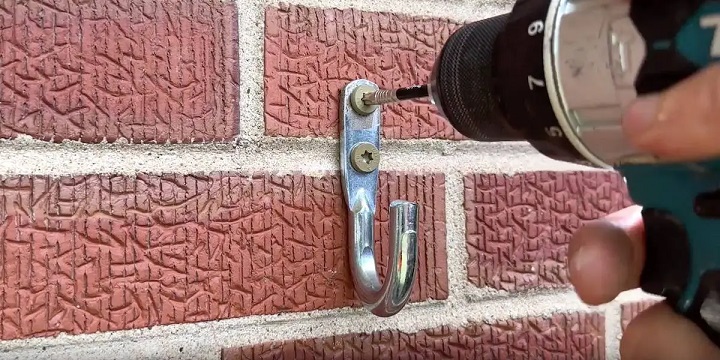Granite, with its enduring beauty and remarkable strength, has long been a preferred choice for various applications, from countertops to intricate sculptures. However, the durability and hardness that make granite so desirable also present a unique set of challenges when it comes to drilling.
This is where stone drills, specifically designed for granite drilling, emerge as essential tools for achieving precision and success in a range of projects. In this article, we’ll delve into the reasons why stone drills are indispensable for precision in granite drilling.
What Sets Granite Apart:
Granite, a type of igneous rock, is renowned for its dense composition and resistance to wear and tear. These characteristics, while contributing to granite’s longevity, make it a formidable material to penetrate.
Traditional drilling tools often struggle to make an impact on granite surfaces, leading to frustration, inefficiency, and potential damage to both tools and material.
The Unique Features of Stone Drills:
1. Specialized Material Composition:
Stone drills, designed explicitly for granite drilling, are crafted from high-quality materials that can withstand the hardness of the stone.
Tungsten carbide, a compound known for its exceptional hardness and resistance to abrasion, is commonly used in the tips of these drills, which are conveniently accessible at ukam.com. This specialized composition ensures longevity and sustained performance.
2. Precision Cutting Design:
Stone drills feature precision cutting designs that cater specifically to the demands of granite drilling.
The tips may have strategically placed cutting edges or a unique geometry that allows for efficient material removal without causing damage to the granite. This precision is crucial for creating clean and accurate holes in the stone.
3. Reduced Heat Buildup:
Granite has a propensity to generate heat during the drilling process. Excessive heat can not only compromise the integrity of the drill bit but also lead to thermal stress in the granite, potentially causing cracks.
Stone drills are designed to minimize heat buildup during operation, ensuring a more controlled and efficient drilling experience.
Why Stone Drills Are Essential:
1. Efficiency in Granite Drilling:
Stone drills are engineered to cut through granite with efficiency and ease. The specialized design and material composition allow for swift progress, making them the go-to choice for projects where time is of the essence.
2. Preserving Granite Aesthetics:
Granite is valued for its aesthetic appeal, and any drilling project must be executed with care to preserve the beauty of the material. Stone drills minimize the risk of chipping, cracking, or other forms of damage, allowing for precise drilling without compromising the visual integrity of the granite.
3. Versatility in Granite Types:
Granite comes in various types, each with its own unique composition and hardness level. Stone drills are versatile tools that can adapt to different types of granite, ensuring consistent performance across various projects.
4. Durability and Longevity:
Stone drills are built to withstand the demanding nature of granite drilling. Their durability and longevity make them a wise investment for both professionals and DIY enthusiasts, as they reduce the frequency of tool replacements and maintenance.
5. Suitability for Various Applications:
Stone drills are not limited to simple drilling tasks. They can be employed for a range of applications, including creating intricate designs, shaping the stone, or making cutouts for fixtures. This versatility expands the possibilities for creative and functional use of granite in different projects.
How to Choose the Right Stone Drill for Granite:
1. Size and Type:
Consider the size and type of stone drill that aligns with your project requirements. Different projects may necessitate varying sizes and types of drills, so choose accordingly.
2. Wet vs. Dry Drilling:
Assess whether your project requires wet or dry drilling. Some stone drills are designed for wet use, which helps control heat and dust, while others are suitable for dry drilling applications.
3. RPM Compatibility:
Check the recommended revolutions per minute (RPM) for the stone drill and ensure that it aligns with the capabilities of your drilling equipment. This compatibility is crucial for optimal performance and safety.
4. Budget Considerations:
While quality should be a priority, consider your budget and invest in the best stone drill that fits within your financial constraints. Quality drills may cost more initially but often prove to be cost-effective in the long run.
In Conclusion:
Stone drills stand as essential tools for precision in granite drilling, offering a solution to the unique challenges posed by this formidable material. Their specialized design, precision cutting capabilities, and suitability for various applications make them indispensable for professionals and DIY enthusiasts alike. By understanding the characteristics of granite, recognizing the unique features of stone drills, and choosing the right drill for your specific project, you can embark on granite drilling endeavors with confidence, knowing that precision and success are well within reach.
